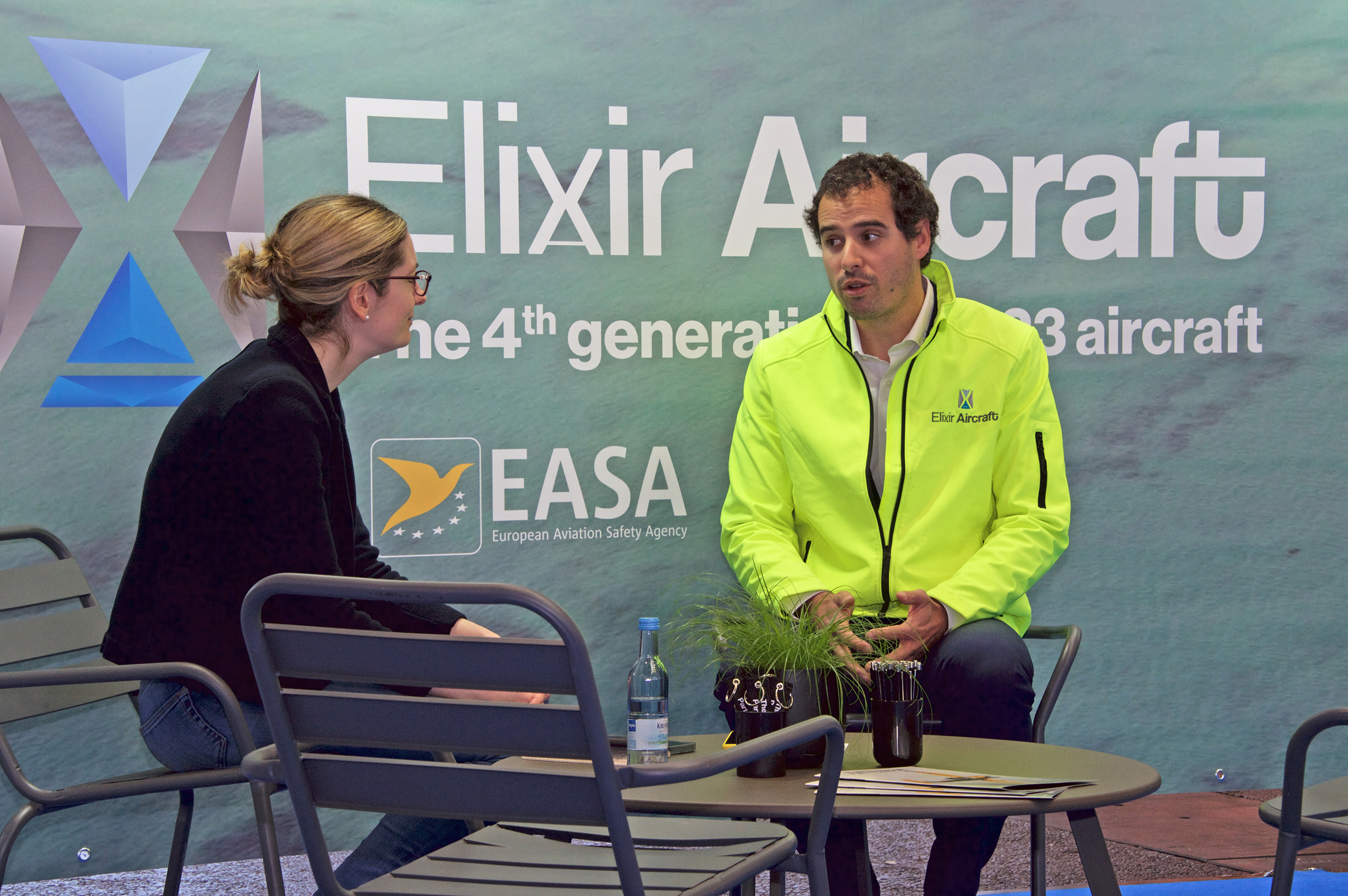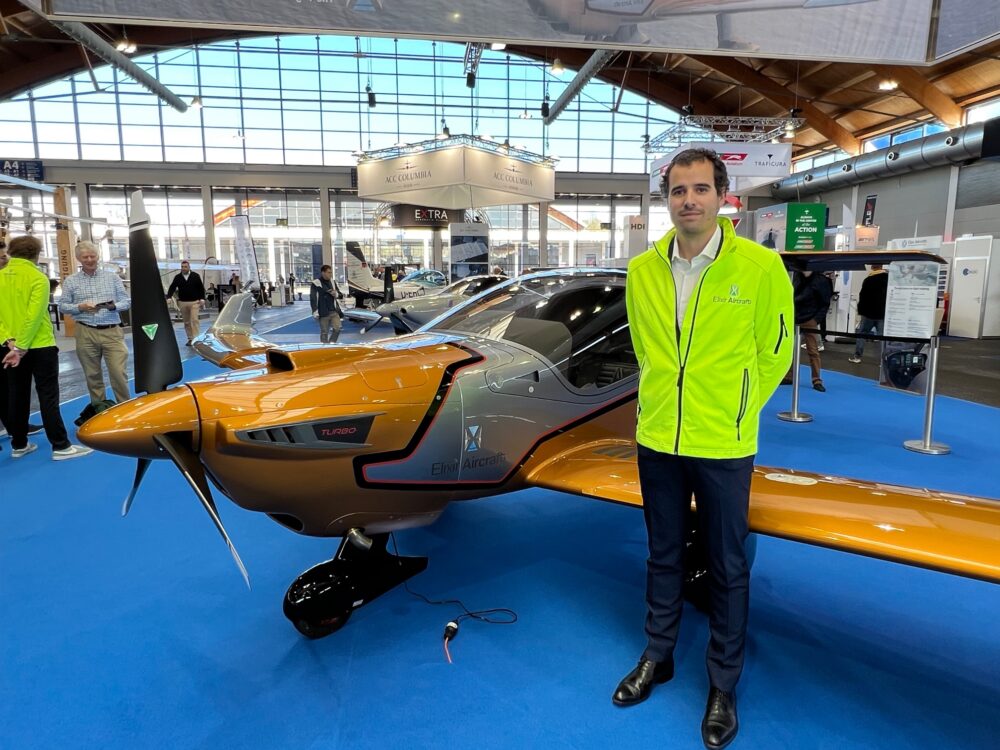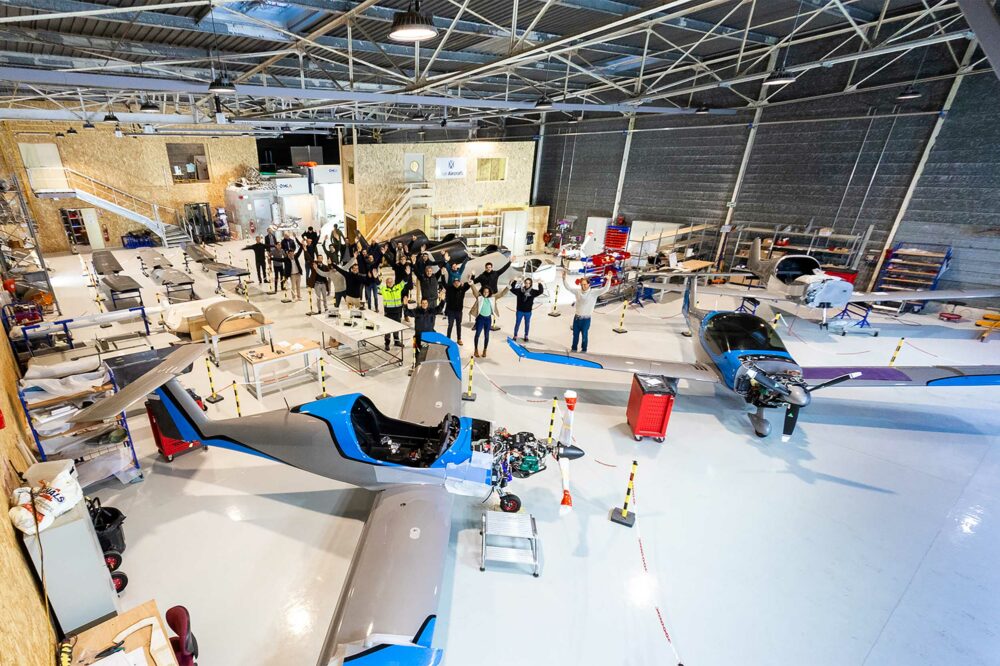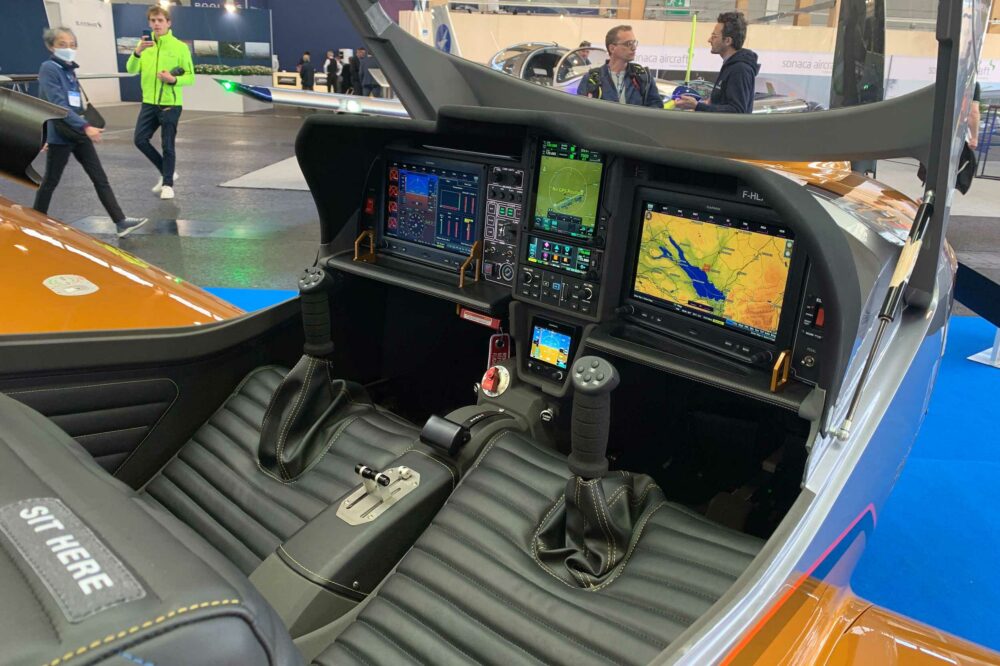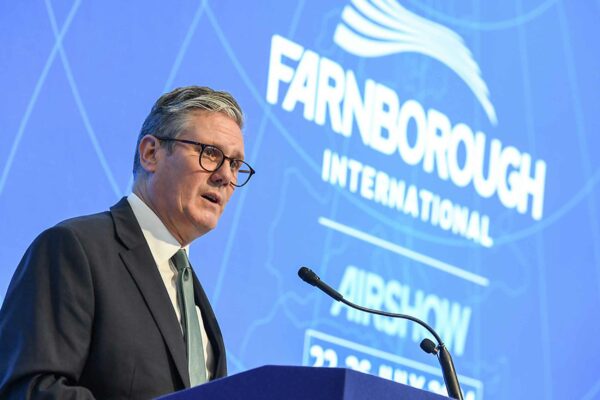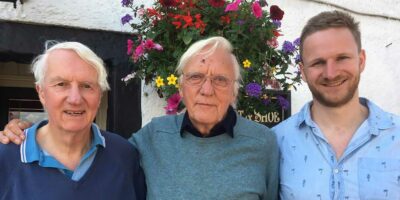The environment, and the working environment
Of course, it also helps to be the kind of company that young people want to work with.
“In France, or maybe in Europe or the world, there aren’t many projects for new aircraft, especially in certified aviation,” Cyril observes.
“In the French market back in 2015, there were no brand new manufacturers, so when we showed up, journalists started to talk about our project and this brought young people to us. We didn’t advertise it, but thanks to this we have been able to grow the team, because it’s a small project and a cool aircraft and young people want to work with us.”
Tackling environmental concerns is, needless to say, a key focus for the next generation. “When you look at the issue of hiring people today, if you’re not at the front of the battle for the environment, you’ve lost already,” Cyril says.
A point that emerged loud and clear in the GAMA panel discussion at AERO was that General Aviation is key to innovation in the industry as a whole – and sustainability is a crucial focus. Working for a small manufacturer like Elixir, young people know that they’re not just working on this aircraft – they’re contributing to pushing the limits of what’s possible for the sustainability of the wider industry.
Investing in the level of R&D needed to innovate on sustainability is costly, but it’s a choice that Elixir have consciously made, both because of the energy problem the whole industry is facing, and because it directly serves recruitment of young people. That feeling of being able to shape the future of the industry, and particularly to make a difference to environment, is key to attracting and retaining them.
In reality, there’s naturally a little more to it than pure aspiration. In the case of Elixir, because it’s a small company, its young workforce is able to get more deeply involved in the project as a whole.
“They’re doing structural things, systems, electrical,” says Cyril. “They’re not stuck in a small box designing the bolt of the left landing gear. We’re also in a pretty nice place, on the west coast of France in La Rochelle – we want to make sure people love to live here. It’s one aspect of a better working environment.”


